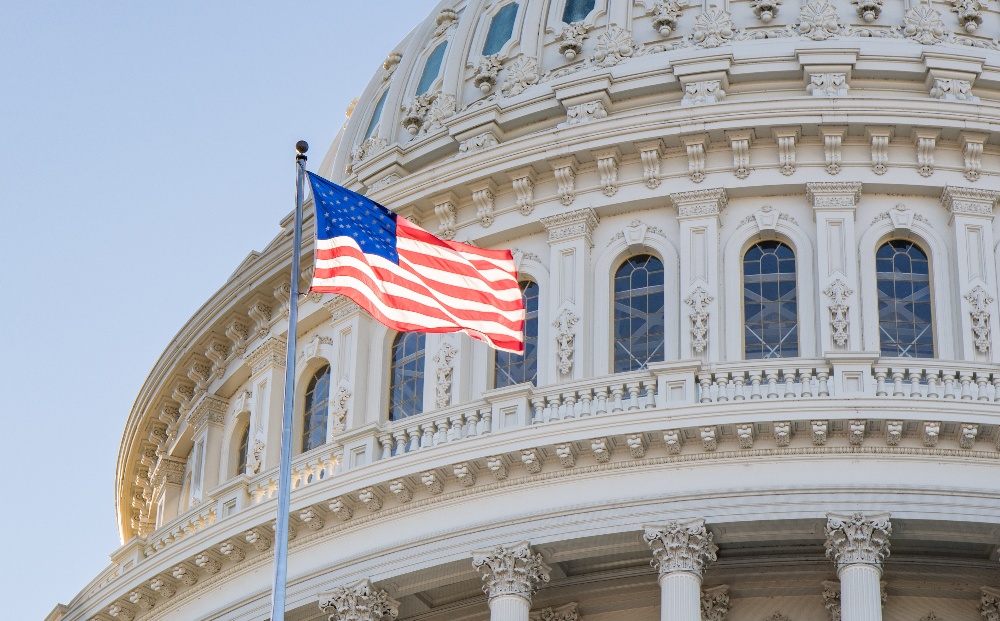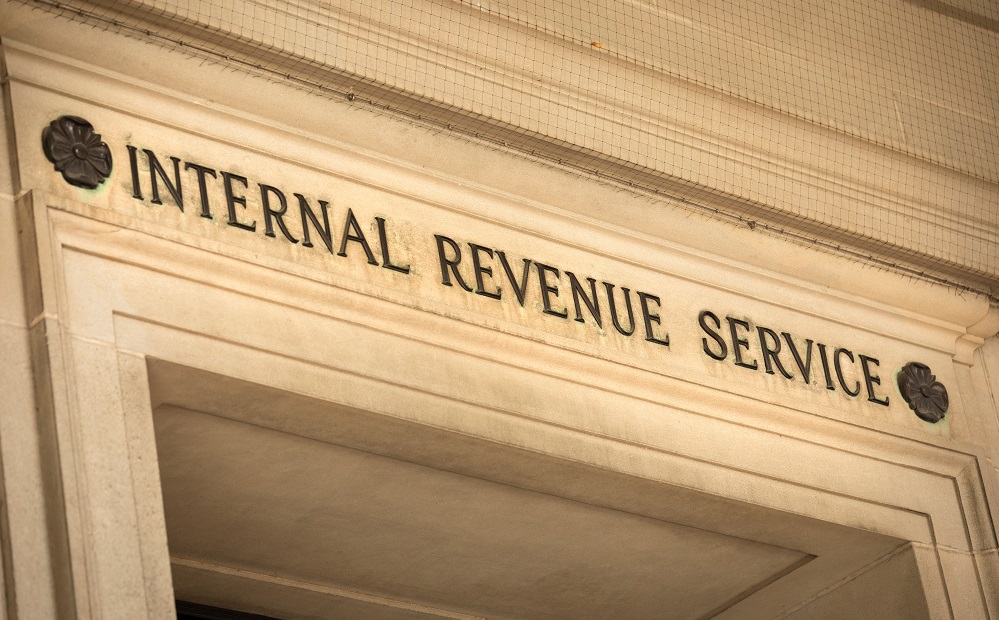Currently there are two principal tracks for tax legislation in 2024. The first is an emerging $78 billion package aimed at providing a combination of business and individual tax relief in certain discreet areas. The second is a bigger picture bill that would address the fact that more than half the tax code is scheduled to expire at the end of 2025. Both have significant implications for NAIFA members and their clients.
Up first is what its negotiators are calling The Tax Relief for American Families and Workers Act of 2024, a bipartisan, bicameral tax package announced by House Ways and Means Chair Jason Smith (R-MO) and Senae Finance Chair Ron Wyden (D-OR) that would:
- Increase the amount of business equipment spending that can be expensed (i.e., deducted fully in the year of acquisition rather than being amortized over the useful life of the acquired property).
- Increase the deduction for interest businesses pay on their loans.
- Enhance research and development tax rules.
- Improve the child tax credit.
- Enhance the low-income housing tax credit.
- Increase the threshold for reporting on independent contractor and certain other payments to $1000.
- Disaster tax relief.
- Taiwan double taxation relief.
- Restrictions on, and ending of, the employee retention tax credit program (ERTC).
The two Chairs have announced their intention to introduce this package in both Houses. Notable is that the package is not yet endorsed by the Ranking Members of the tax-writing Committees, Senator Mike Crapo (R-ID) and Rep, Richard Neal (D-MA). This could indicate that changes may still be forthcoming, especially in the Senate, before the bill can move.
Other tax benefits may still be in play, too—issues like the current $10,000 limit on the deductibility of state and local taxes (SALT) are under discussion. It is also possible, but not probable, that the SECURE 2.0 retirement savings technical corrections bill could be added to this package.
There is considerable support—from both Republicans and Democrats in both the House and the Senate—for this tax package. However, for that support to translate into enough votes to enact the bill, which would likely have to be put on the suspension calendar so would require two-thirds of the House to pass, any outstanding issues must be resolved. Plus, opposition based on “other” issues (like the limit on state and local tax (SALT) deductibility) must be tamed. For example, a fair number of House members—from both parties—say they will not support any tax bill if it does not resolve the problem with current law’s $10,000 limit on SALT deductibility.
Another key issue is whether the tax writers can identify a vehicle—a piece of legislation that is moving to which the tax package can be added. The most likely is a government funding bill. But government funding legislation is highly sensitive and may not be strong enough to carry a tax package, even if it is one that most lawmakers support.
The second tax initiative will focus on what to do about current law’s individual and estate tax rules, most of which are scheduled to expire by 2026. Because there are still two years to go before that expiration, it is probable that Congress will take until at least mid-2025, and maybe later, to debate what to do about those scheduled expirations.
At stake, among many provisions, are individual tax rates, estate tax rules and, of importance to many NAIFA members, the 20 percent deduction for noncorporate business income. If not extended, individual tax rates would revert to their higher 2016 level. Estate tax rules would also go back to their 2016 status (lower personal exemption, higher rates). The 20 percent noncorporate business income deduction would disappear.
The chairman of the tax-writing House Ways & Means Committee, Rep. Jason Smith (R-MO), says his committee will examine each of the tax provisions that are set to expire in order to decide which to keep, which to modify, and which to allow to expire. There will be partisan battles throughout this effort—for example, progressive Democrats favor tax code changes that would impose greater tax liability on “the rich” (generally defined as those with incomes of $400,000 or more). Rep. Smith and many of his GOP colleagues are most interested in preserving small business and family tax benefits. Expect proposals and discussion of virtually the entire individual/estate tax code during 2024.
Prospects: It is unlikely that the “small” tax package will move through Congress until after lawmakers resolve the sticky and high-stakes government funding legislation. And actual enactment of legislation addressing the 2026 expiration of individual and estate tax provisions enacted in 2017 is highly unlikely prior to the end of 2025. However, there will be vigorous debate, starting this year, on all of these tax rules.
NAIFA Staff Contact: Jayne Fitzgerald – Director – Government Relations, at jfitzgerald@naifa.org.






.png?width=600&height=90&name=Support%20IFAPAC%20%20(600%20%C3%97%2090%20px).png)
